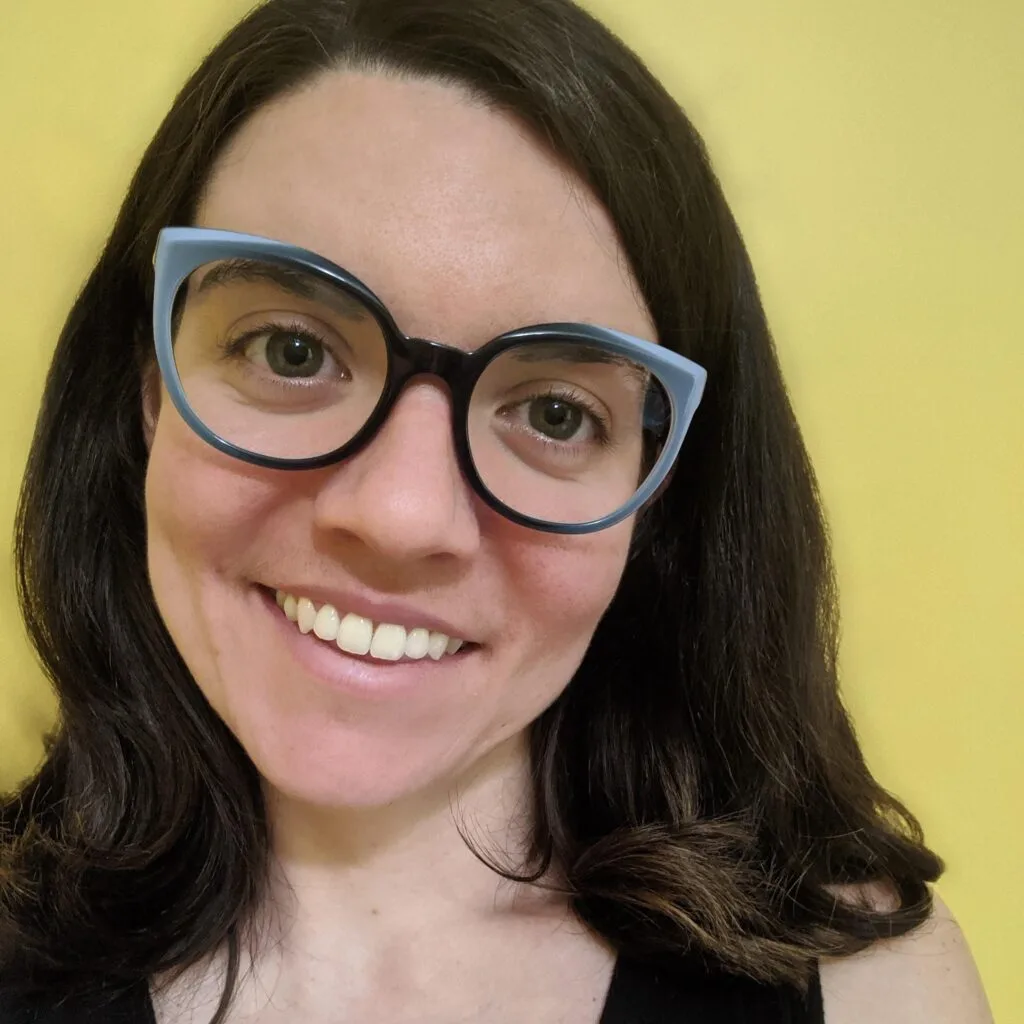
Coming to the close of a year fraught with continued challenges, Johanna DeBari has found a silver lining in the face of tumult.
Social distancing amid the pandemic threatens to depersonalize the student survivors she strives to support at Wesleyan University as Director of the Office of Support, Healing, Activism, and Prevention Education (SHAPE). And worse yet, new Title IX regulations that weaken the protections once set in place for survivors of sexual violence on college campuses undermine her capacity to advocate for them.
Effervescently hopeful, Johanna has taken the challenges in stride. She’s decided to narrow in on the controversial new regulation’s allowance for ‘informal resolutions’ between a student survivor and the person who has harmed them. In many cases, this may look like something as simple as a conversation. A resolution that, in her experience, student survivors may welcome.
“I can’t count the amount of people who came to me who wanted some sort of restorative action. Or they would ask: ‘Is there just some way that I can talk to this person and tell them that what happened wasn’t okay and just have a conversation?” Johanna said, recounting her conversations with students.
Students often seek out an alternative to the in-depth, formal and potentially punitive process entailed in making a formal complaint under Title IX, according to Johanna.
“It’s a matter of [student survivors saying]: “I just want this person to know that what happened wasn’t okay and make sure they have an opportunity to learn how to not do it again so that no one else gets hurt.”
While the new regulations don’t provide adequate guidelines to easily adopt them, the budding pathways towards informal resolutions have opened an avenue to further explore implementing restorative justice on college campuses, according to Johanna.
“This is the one thing I’m clinging to hoping it creates this window where we can talk about restoration, rather than just punishment,” Johanna said.
That conversation is no easy task, Johanna admits.
“What I had been taught as an advocate, as a scholar of prevention work, is that you just don’t do restorative justice in the realm of sexual violence. You just don’t do it. And yet, for a couple years I was having students come to me asking if it was possible to have something non-punitive, to have a conversation, to have a process that is about honoring someone’s humanity while also holding them accountable.
The unease brought on by taking a new approach is worth the risk and remains the best way to more adequately address the inequity brought on by race, class and gender differences, Johanna said.
“What we know is that people have different levels of power to exact things like excluding someone from a space or saying that no one is allowed to be a part of a community because of a harm that they’ve done.
The work continues to shift, Johanna said, especially in light of the concentrated racial justice uprisings over the summer and the continued conversations about what racial injustice and racial violence looks like.
“Restorative practices seems like the only equitable way forward for dealing with experiences of harm, especially sexual violence,” Johanna said.
Johanna is currently serving as a member of an ‘informal resolutions’ taskforce at Wesleyan which she hopes will result in a more restorative approach that takes into account relationship of the survivor as they lean on community for needed support, as well as the perpetrators’ needs as well, no matter how difficult that may be.
“We also know that people who do harm have often experienced harm. Identities of perpetrator and survivor are not always mutually exclusive and that’s messy and that’s hard,” Johanna said. “If we want to see a world where sexual violence doesn’t happen, we have to be thinking about the root causes of why it happens and restorative practices looks at those causes.”
